Found: The Only Wild Koala Population in Australia That Is STI-Free
Chlamydia is a threat to the marsupials, so an island without it is a good sign.
At long last, koala scientists stumbled upon the holy grail of their research. Around 70 miles southwest of Adelaide, on Kangaroo Island, there is a population of very, very special koalas. These isolated marsupials possess no unique skills or traits, but unlike every other population of wild koalas in Australia, the ones on Kangaroo Island do not have chlamydia. And while we don’t mean to STI-shame, that makes them pretty important.
Some researchers believe the Kangaroo Island koalas could hold the key to the survival of the species, according to a study recently published in Scientific Reports. “This is a very important finding because Chlamydial disease is so prevalent and efforts to fight it have so far been unsuccessful,” Natasha Speight, a veterinary scientist from the University of Adelaide, said in a statement.
The researchers captured and released 75 wild koalas from sprawling populations living in the Mount Lofty Ranges east of Adelaide, and 170 koalas from the population of 50,000 on Kangaroo Island. Each koala underwent a thorough examination by a vet, including tests for chlamydia and koala retrovirus. They found that 46.7 percent of the Mount Lofty koalas definitely have the bacterial infection. By contrast, every Kangaroo Island koala tested was free of it.

If heart disease is the leading cause of death for American humans, chlamydia is the leading cause of death for Australian koalas, according to the study. In case you were wondering—and you probably were—koala chlamydia isn’t quite the same as the human version; it’s a slightly different strain (which can actually infect humans, too, through contact with the marsupial’s urine). Though koalas can contract chlamydia through sexual contact, as humans do, they can also catch it through other forms of close interaction, such as between mothers and joeys. And full-blown koala chlamydia is a serious condition that can lead to blindness and urinary tract infections that may result in infertility or death.
Though researchers can technically cure diseased koalas with antibiotics—just like humans—many of the marsupials die after treatment, according to LiveScience. The marsupials’ diet of eucalyptus leaves contains a compound called tannin that can be toxic if not broken down by gut bacteria, which disappear in the presence of antibiotics. But maintaining a healthy population of wild koalas could help researchers develop a vaccine, Speight told ABC News.
As koalas succumb to the infection across northeastern Australia, the researchers hope to keep Kangaroo Island chlamydia-free. The island is also a haven for another isolated population: the world’s last remaining purebred Ligurian bees. Thankfully, they also appear to be chlamydia-free.

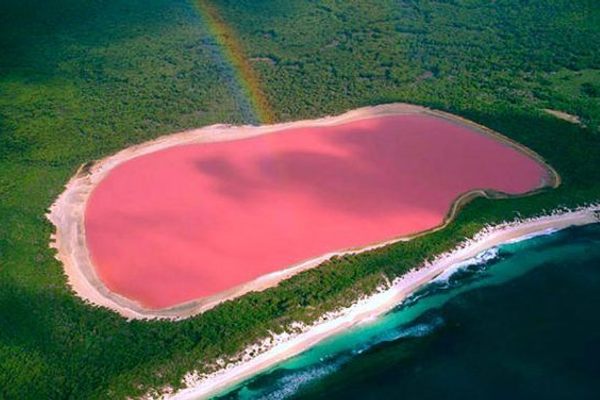

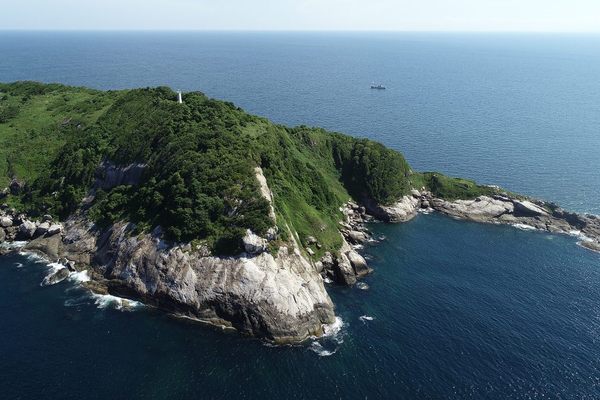
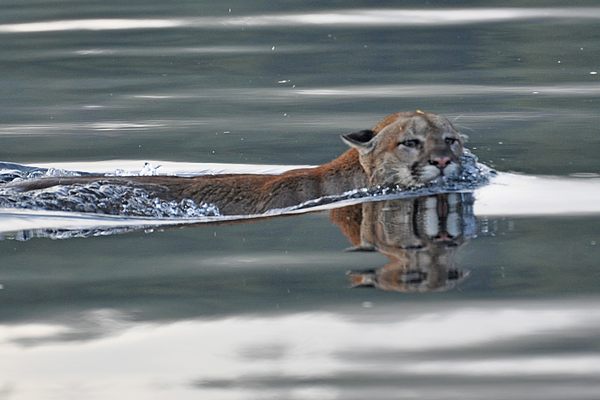


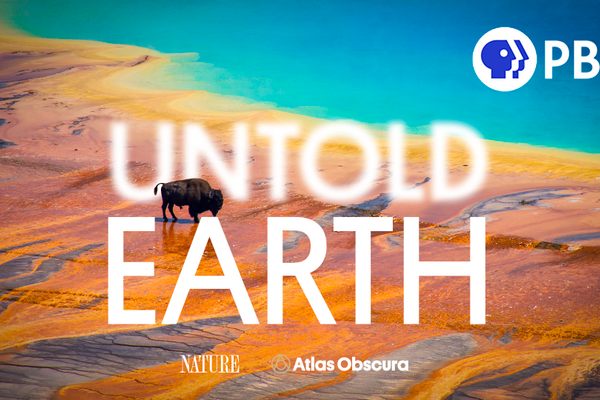
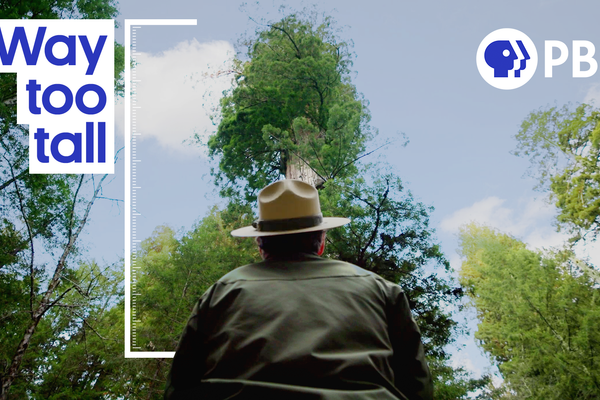
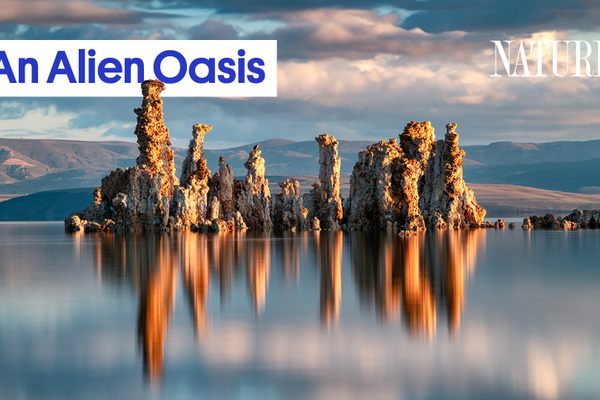
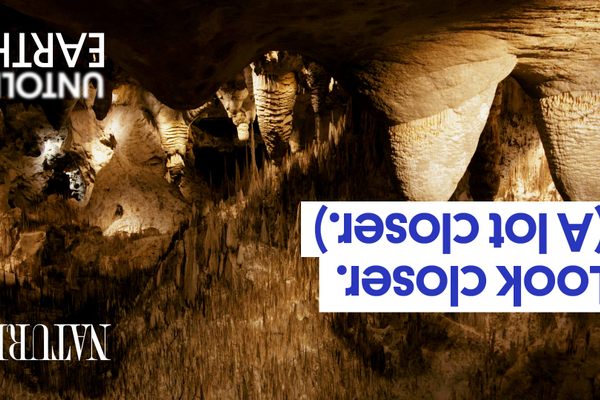












Follow us on Twitter to get the latest on the world's hidden wonders.
Like us on Facebook to get the latest on the world's hidden wonders.
Follow us on Twitter Like us on Facebook